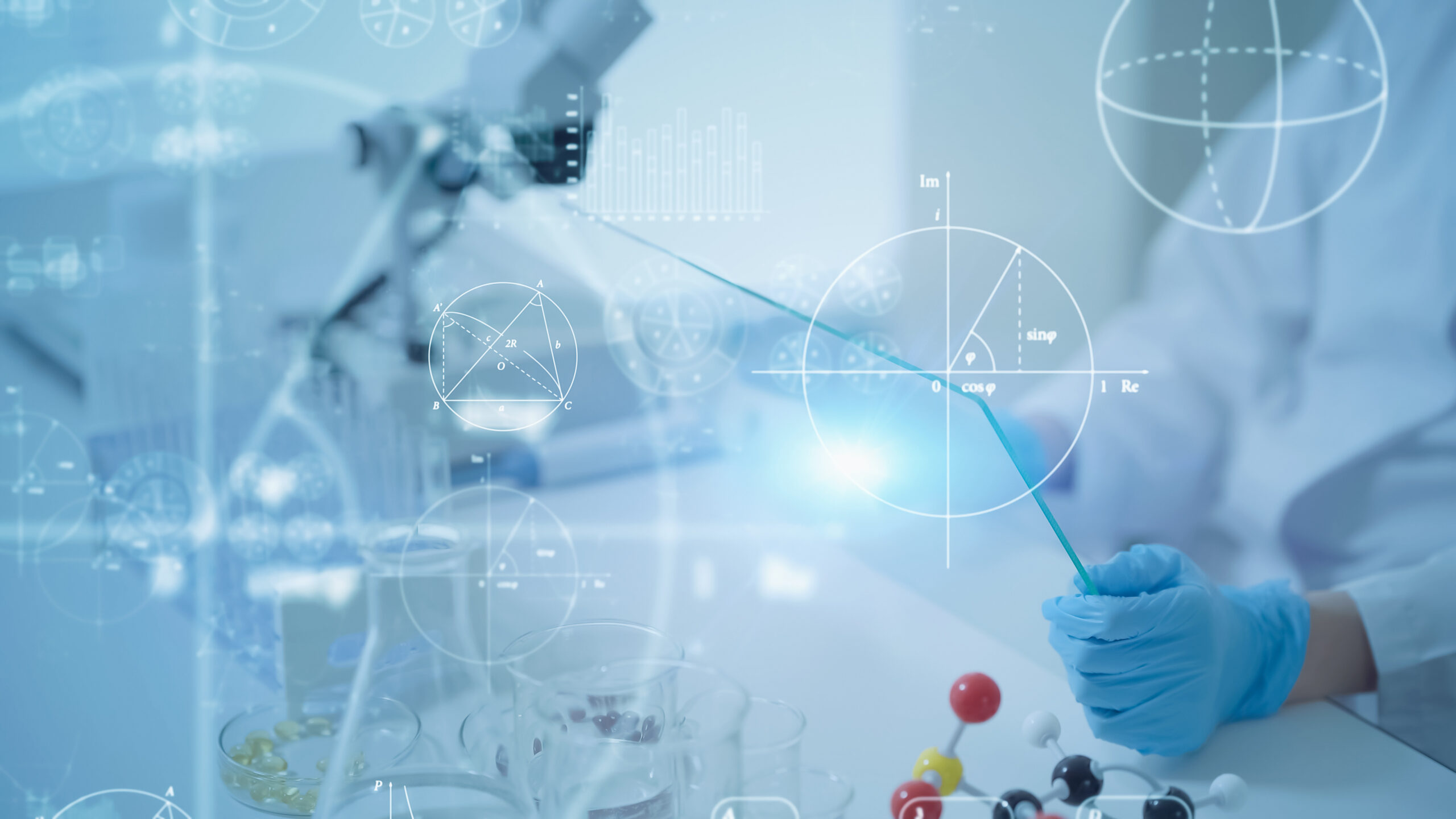
In the realm of scientific innovation and healthcare breakthroughs, biomanufacturing stands as a cornerstone, transforming the way we approach medical treatments, vaccine production, and therapeutic proteins. This pivotal process, blending biology and manufacturing principles, ushers in a new era of medical solutions, making life-saving drugs more accessible and affordable.
Table of Contents
What is Biomanufacturing?
Biomanufacturing refers to the use of living systems, such as cells and bacteria, to produce biological products for medicine, research, and industry. This technology harnesses the natural processes of living organisms to generate high-value products, such as vaccines, antibodies, and hormones, under controlled conditions. The essence of biomanufacturing lies in its ability to produce complex molecules that are difficult, if not impossible, to synthesize through traditional chemical processes.
It emerges as a pivotal innovation, enabling a biomanufacturing company like Resilience to produce vital biological products for medical, research, and industrial applications.
Biomanufacturing companies are at the forefront of biotechnological innovation, driving advancements in medicine, agriculture, and environmental science. These entities invest heavily in research and development, cell line engineering, and the optimization of production processes to enhance yield, purity, and functionality of bioproducts.
By marrying biology with manufacturing, these companies produce groundbreaking treatments and solutions that address global challenges, from disease outbreaks to sustainability issues.
Key Components
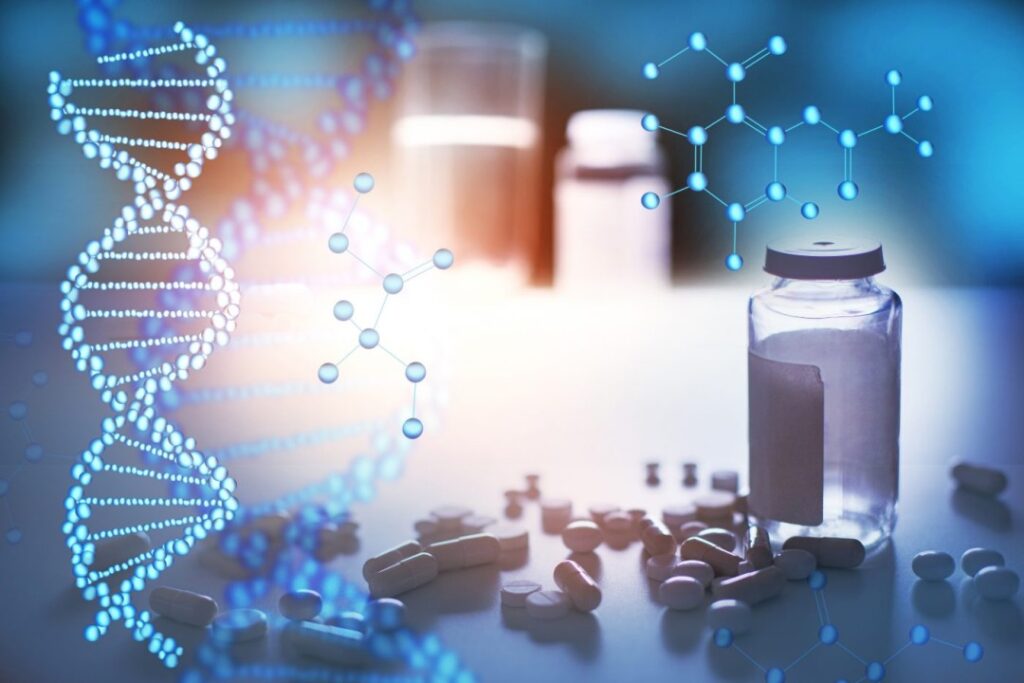
Source: linkedin.com
- Cell Cultures: At the heart of biomanufacturing, cell cultures serve as miniature factories, churning out proteins or other molecules essential for various applications. These living cells are engineered to perform specific tasks, producing substances with unparalleled precision and efficiency. The choice of cell type—whether bacterial, mammalian, or yeast—depends on the product being made, each offering unique advantages in terms of growth conditions and product yield. The development of robust cell lines is critical, requiring extensive research to optimize their productivity and stability throughout the manufacturing process.
- Bioreactors: These are sophisticated vessels designed for cultivating cells under ideal conditions to maximize the yield of the desired bioproduct. Bioreactors play a crucial role in scaling up the production process from laboratory to industrial levels, ensuring that the growing conditions are meticulously replicated to maintain product consistency. Advances in bioreactor design and monitoring technologies have significantly enhanced the efficiency and control of the biomanufacturing process, enabling precise manipulation of environmental conditions to optimize cell growth and productivity.
- Downstream Processing: This phase is dedicated to isolating and purifying the product from a mixture of cells, media, and other biological materials. It is a critical bottleneck in biomanufacturing, often dictating the overall yield, purity, and cost of the final product. The development of innovative purification methods continues to be a focus of research, aiming to increase efficiency and reduce costs. Techniques such as advanced chromatography and filtration have evolved to meet the stringent purity requirements of pharmaceutical products, ensuring they are safe for human use.
Biomanufacturing vs. Traditional Manufacturing
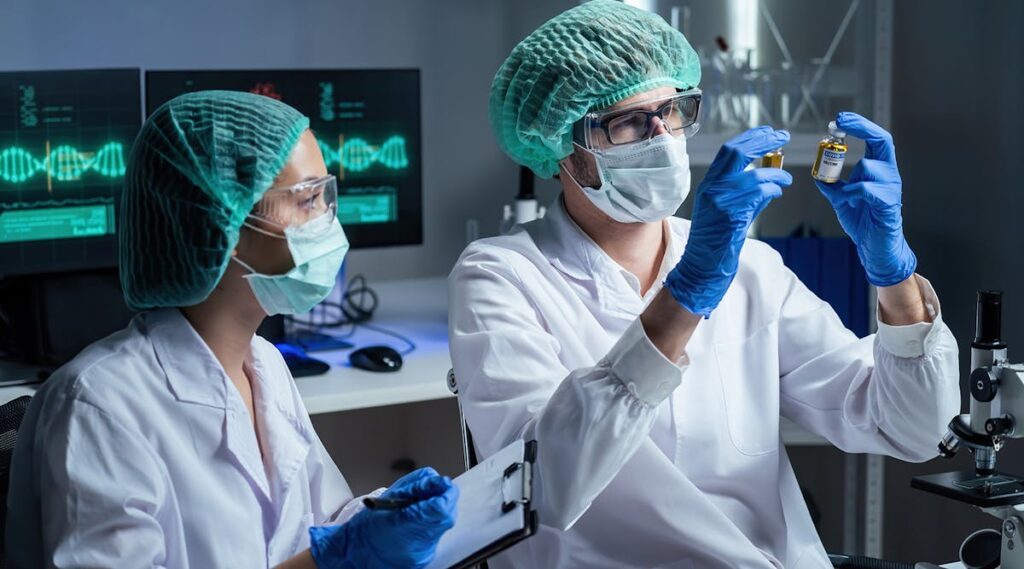
Source: industryweek.com
Biomanufacturing distinguishes itself from traditional manufacturing by harnessing the cellular machinery for production, offering a sustainable and efficient alternative. This approach significantly reduces the reliance on harsh chemicals and energy-intensive processes characteristic of conventional manufacturing, aligning with global sustainability goals.
Additionally, biomanufacturing can produce molecules with a level of complexity and functionality that synthetic chemical processes cannot replicate, bridging gaps in treatment and research. The adaptability and scalability of biomanufacturing also mean that production can be swiftly adjusted in response to health emergencies, demonstrating its critical role in modern medicine and biotechnology.
Applications of Biomanufacturing
The implications of biomanufacturing are vast and varied, influencing numerous fields.
- Medicine: Production of vaccines, therapeutic proteins, and antibodies to treat diseases like cancer, diabetes, and autoimmune disorders.
- Agriculture: Development of biopesticides and biofertilizers, offering sustainable alternatives to chemical inputs.
- Environmental Science: Creation of biofuels and bioplastics, presenting renewable solutions to global energy and waste problems.
The Process of Biomanufacturing
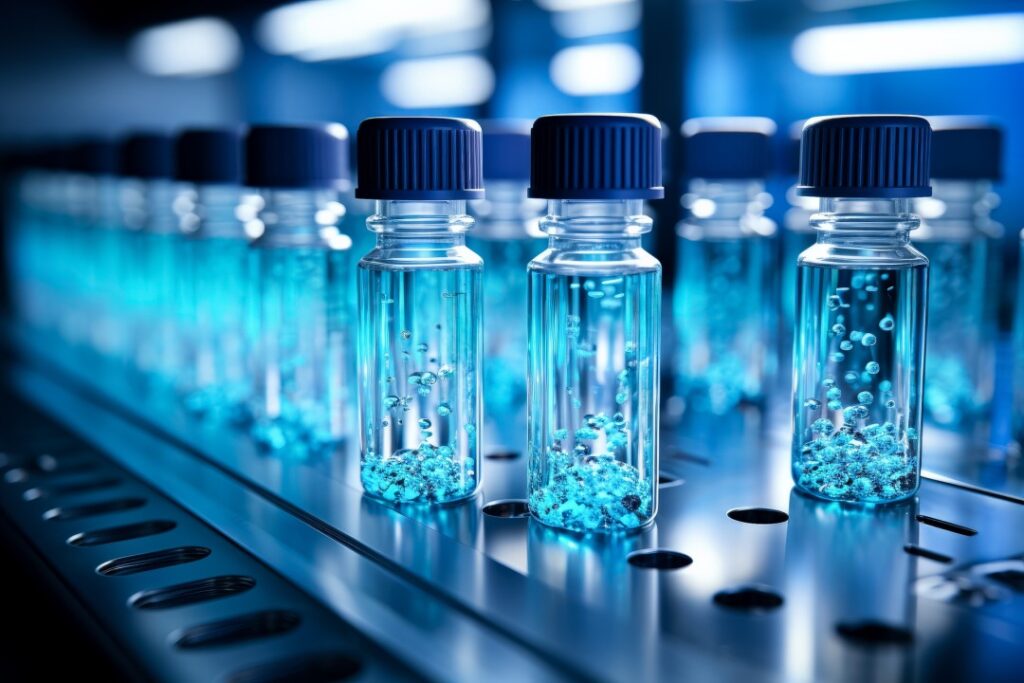
Source: linkedin.com
Cell Line Development
Selecting and genetically engineering cells to produce a specific molecule is an intricate process that requires cutting-edge genetic editing tools and a deep understanding of cellular biology. The creation of a stable, high-producing cell line is both an art and a science, involving complex screening and optimization to ensure the cells can produce the desired product reliably and efficiently over time. This foundational step sets the stage for the entire biomanufacturing process, directly influencing its success and scalability.
Upstream Processing
Optimizing the growth conditions for cell cultures is a dynamic and critical phase of biomanufacturing, requiring constant monitoring and adjustment. Advances in bioprocessing technology, such as automated feeding systems and real-time analytics, have significantly improved the ability to maintain optimal conditions, enhancing the yield and quality of bioproducts. This stage is pivotal in translating the potential of genetically engineered cells into tangible, high-value biological products.
Downstream Processing
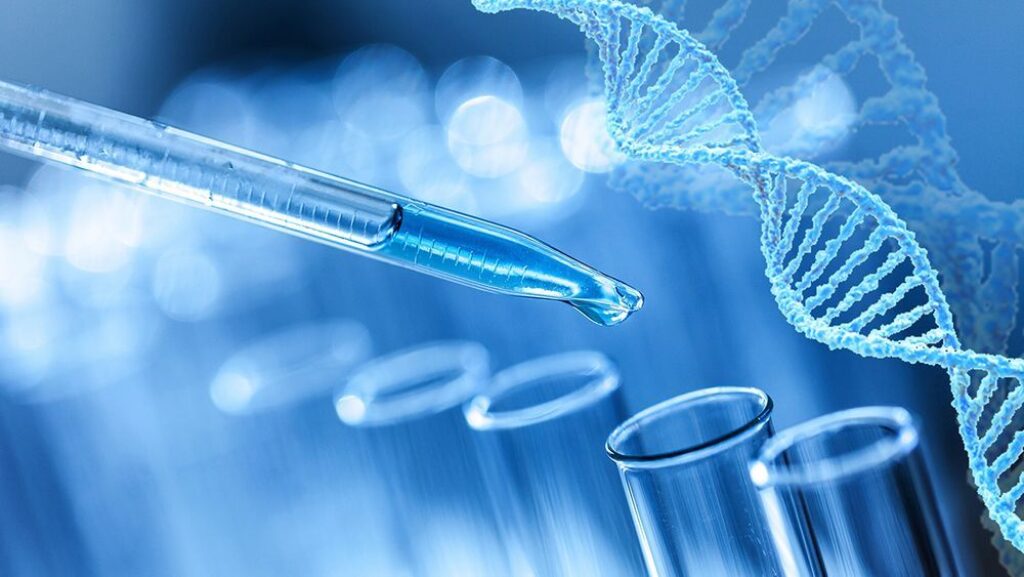
Source: pharmtech.com
Isolating and purifying the desired bioproduct from the complex mixture resulting from cell culture is a highly specialized and technically demanding process. It necessitates a combination of sophisticated techniques tailored to the specific properties of the product and the impurities that must be removed. The efficiency and innovation in downstream processing directly affect the purity, safety, and cost-effectiveness of the biomanufactured product, highlighting its critical role in the overall production process.
Quality Control
Rigorous quality control is integral to the biomanufacturing process, ensuring that the final product meets stringent standards for safety, purity, and efficacy. This involves a series of sophisticated analytical techniques and tests, performed at various stages of production, to monitor and verify the quality of the product. Regulatory compliance is paramount, with agencies like the FDA setting rigorous guidelines to safeguard public health. The commitment to quality control underscores the biomanufacturing industry’s dedication to delivering products that are not only innovative but also safe and reliable.
Potential Challenges
Despite its transformative potential, biomanufacturing faces challenges, including high costs, complex regulatory landscapes, and the need for advanced technical expertise. However, ongoing research and development promise to address these issues, improving efficiency, reducing costs, and expanding the range of possible products.
In Summary
Biomanufacturing merges the intricacies of biology with the precision of manufacturing, embodying a future where the production of complex biological products becomes routine. Its applications, spanning from healthcare to environmental sustainability, underscore its pivotal role in addressing some of the most pressing challenges of our time.







